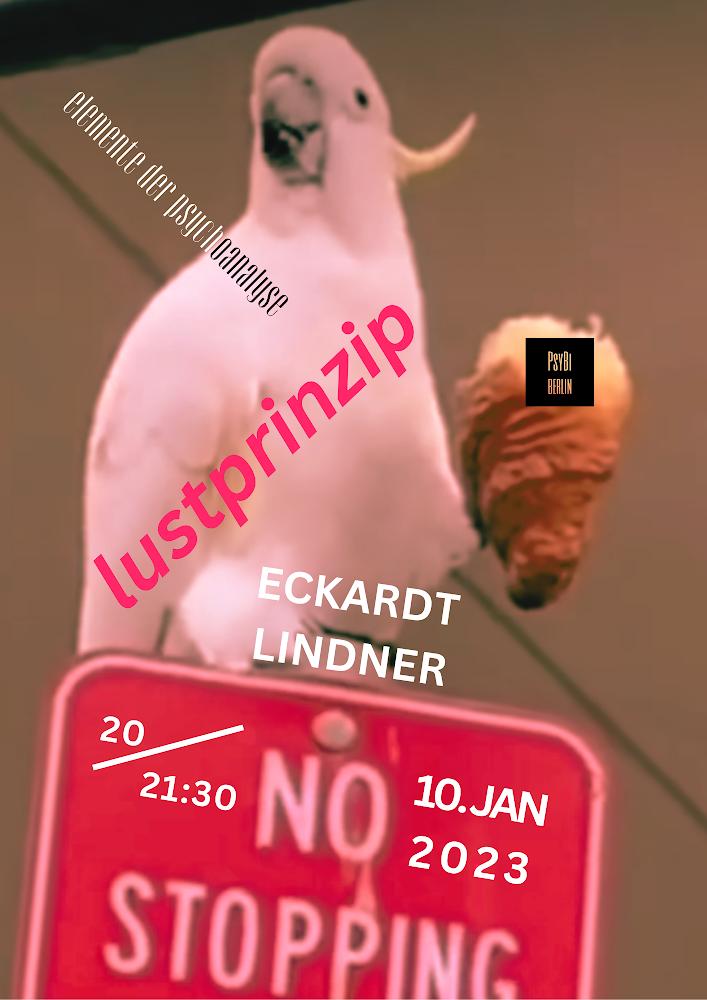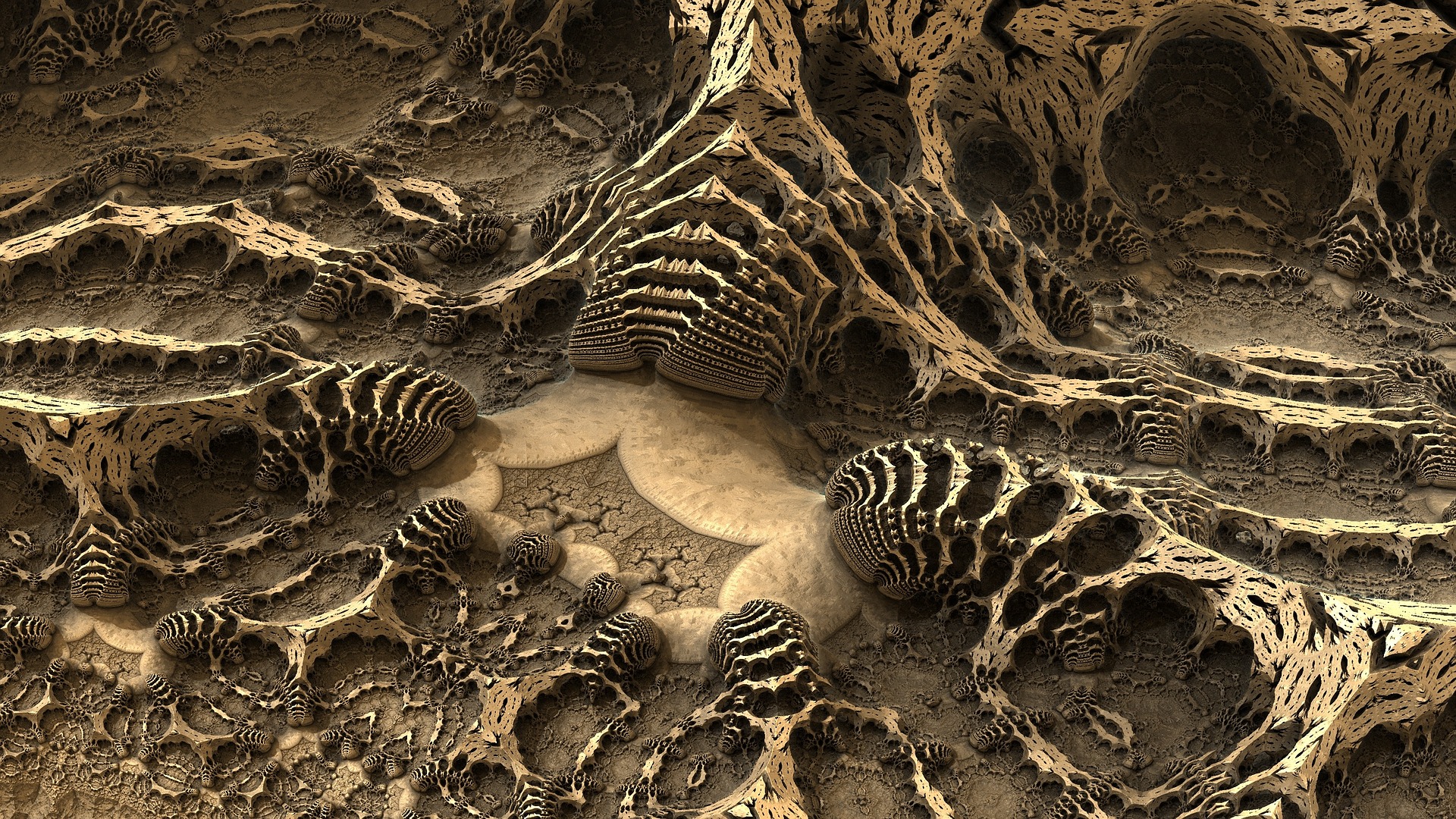Article in “The Deleuzian Mind” (Palgrave Macmillan, 2025)
Deleuze and Laruelle are the two thinkers most unreservedly committed to thinking immanence in contemporary French thought; both as the Event (being as pure difference) and as the Real (the One as Indivision). For both (non-)philosophers, it was crucial to dissolve the illusions of transcendence that impose an artificial logic on immanence, that is, to think of an immanence which is immanent only to itself, by grounding (philosophical) thought in something outside itself. Deleuze’s vitalist non-philosophy, Laruelle insists, is only a restricted one, because he reaches this point only by philosophical means, ontologizing immanence and thus reintroducing hierarchies through a ‘decision’.
To clarify this accusation against Deleuze, this article will first trace their contrasting approaches towards transcendental philosophy in order to render the critique of Deleuze’s „vitalist idealism” from Laruelle’s Philosophies of Difference intelligible. From this critique, consequences for understanding the politics of thought (the prescriptive aristocracy and the descriptive democracy of thought) and lived immanence (the singular and the ordinary) will subsequently be drawn to cut more sharply the contrast between the concepts of radical immanence (as infinite inorganic life and finite human).

Gesturing towards the self-legitimizing authority of philosophy may seem a ‘truism’ to anyone familiar with its history, as does pointing out its perennial uneasiness with thought’s despotic tendency. Rather, the more interesting question might be expressed for example by Husserl’s claim of phenomenology as “the secret nostalgia [Sehnsucht] of all modern philosophy”, searching for a ground of legitimacy and validation for all methodology and science in an “immediate insight”, an intuitive self-evident source outside of thought or Marx’s search for an ‘Ausweg’ from philosophy through praxis.


